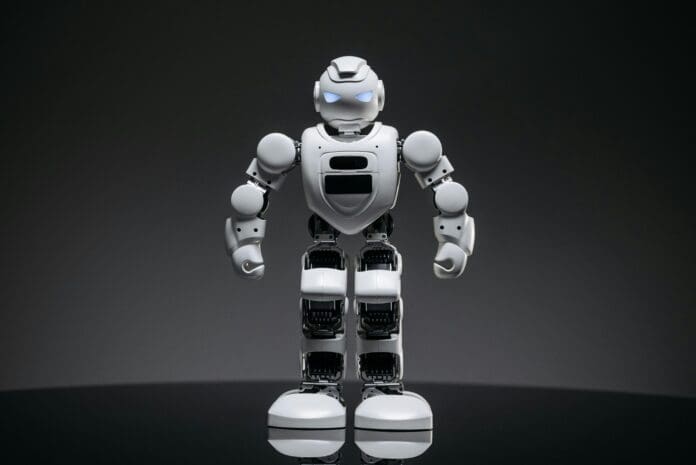This post is also available in:
 עברית (Hebrew)
עברית (Hebrew)
AgiBot, a leading Chinese robotics company, has introduced a groundbreaking humanoid manipulation dataset designed to propel the development of AI-driven robotics. The new resource, named AgiBot World Alpha, is claimed to be the largest of its kind, offering over 1 million trajectories from 100 robots across more than 100 real-world scenarios. This dataset focuses on complex tasks such as manipulation, tool use, and multi-robot collaboration.
According to Interesting Engineering, the AgiBot World Alpha ecosystem is designed to provide developers with access to high-quality data, foundational models, and standardized benchmarks. This initiative aims to democratize the resources needed for the development of adaptable and versatile humanoid robots. According to a statement by the company, by making the dataset open-source, AgiBot is encouraging collaboration between academia and industry to drive progress in Embodied AI.
In addition to the massive dataset, AgiBot’s platform includes multimodal hardware like array-based visual tactile sensors, six-degree-of-freedom robotic hands, and mobile dual-arm robots with whole-body control. These advanced tools facilitate research in multimodal imitation learning, adaptive manipulation, and multi-agent collaboration, enabling humanoid robots to perform more sophisticated tasks in dynamic environments.
AgiBot’s initiative comes at a time when humanoid robotics is rapidly advancing, with the company also pushing forward in mass production. By the end of 2024, AgiBot plans to manufacture 1,000 humanoid robots, including its flagship Yuanzheng A2, which stands 175 cm tall and is equipped with AI-powered sensors for precise tasks. This marks a significant milestone for the company, which has already gained attention for its ability to scale robot production quickly.
The AgiBot World Alpha dataset addresses a major gap in the current landscape of robotic training, where many existing benchmarks fall short in terms of quality and diversity. This new dataset offers an unprecedented resource for researchers and developers, aiming to accelerate the deployment of humanoid robots in both industrial and domestic settings.


























